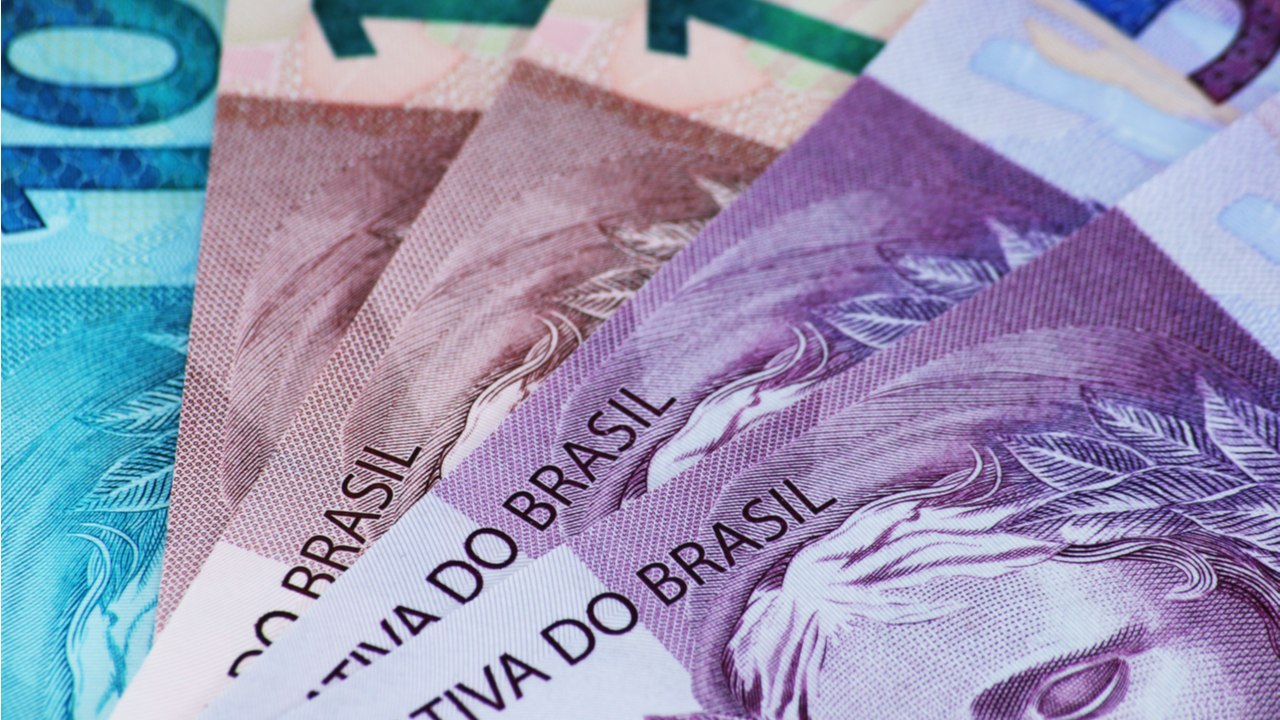
The Brazilian central bank digital currency (CBDC), the digital real, will be more of a wholesale asset instead of a public retail-focused token, according to statements from the president of the Central Bank of Brazil, Roberto Campos Neto. Campos Neto indicated that private banks in the country will be able to issue their own stablecoins that will be collateralized with digital real deposits.
Digital Real Will Not Be Retail Oriented
Brazil is planning to issue a CBDC that has a very different design when compared to other CBDCs like the digital renminbi, known also as Digital Currency Electronic Payment. The digital real, the Brazilian CBDC, will have a wholesale purpose, and will not be used for retail purposes. This information was revealed by Roberto Campos Neto, president of the Central Bank of Brazil, at a crypto summit hosted in Rio.
About the projected uses of the digital real, Campos Neto stated:
Banks will be able to issue stablecoins on their deposits and will develop a technology for that, they will have to invest, because they can make gains. And once they have that developed, the protocols for issuing stablecoins on deposits will basically be the same thing as for monetizing various other digital assets.
Furthermore, Campos Neto explained that the digital real will have a very unique focus, with the goal of monetizing assets without harming the credit functions of private banks, using it as collateral.
Tokenization and CBDC Disarray
Campos Neto also included tokenization as one of the possible processes where a CBDC can improve the state of things. Campos Neto referred to mortgages and said that the implementation of a tokenization model could make paying or getting a reverse mortgage an easier task, reducing fees and also waiting times, and simplifying the paperwork involved in the task.
In this sense, Brazil recently launched the Brazilian Blockchain Network, a project that aims to build a common base for other institutions in the country to build their projects on top of it. This project might also use tokenized assets and the digital real in the future to achieve the aforementioned goals.
To conclude, Campos Neto criticized the disorder and lack of coordination that central banks have experienced in the process of designing their respective CBDCs. He explained:
When I meet with other central banks, I see that one is trying to develop a decentralized system, and another talks about automating a multi-tiered payment system… If you have development in this uncoordinated way, it will never be better than a crypto platform that is centralized.
What do you think about the design of the digital real? Tell us in the comments section below.
Comments
Post a Comment